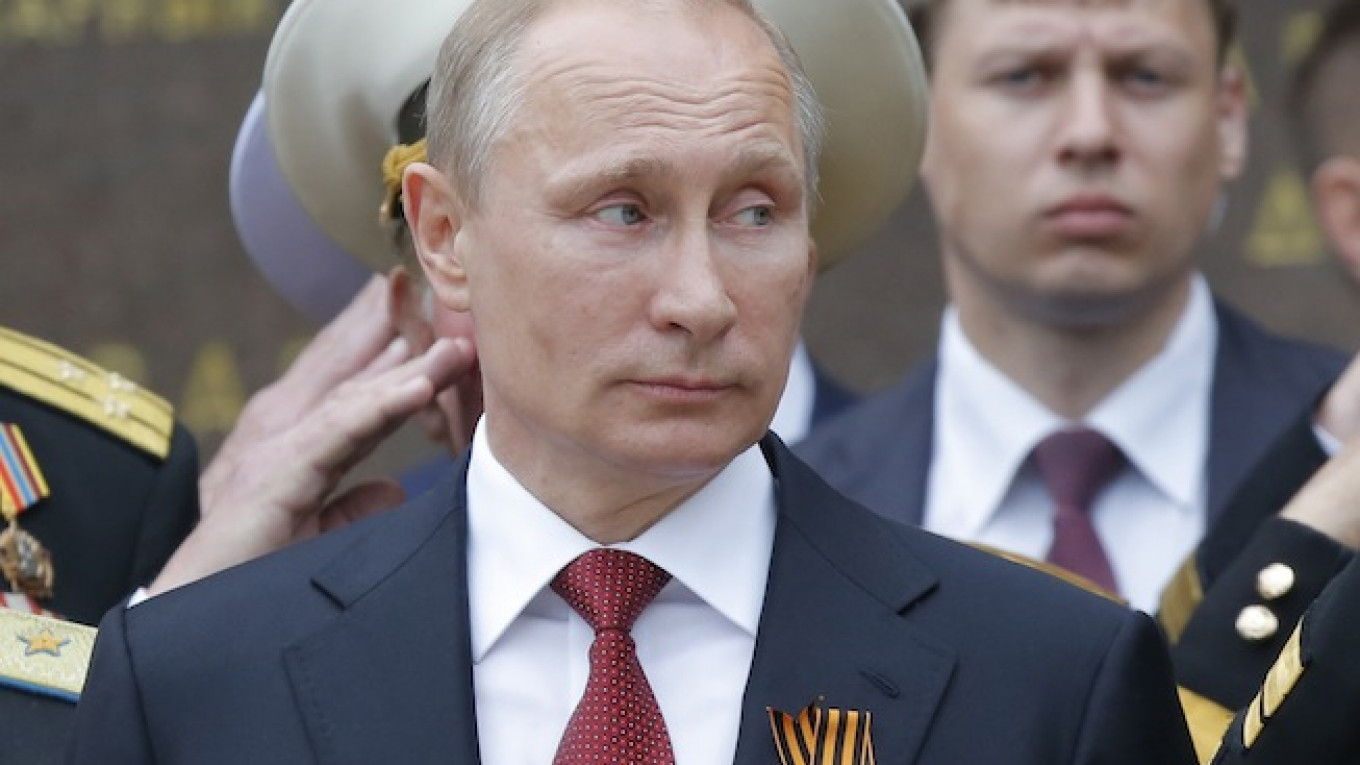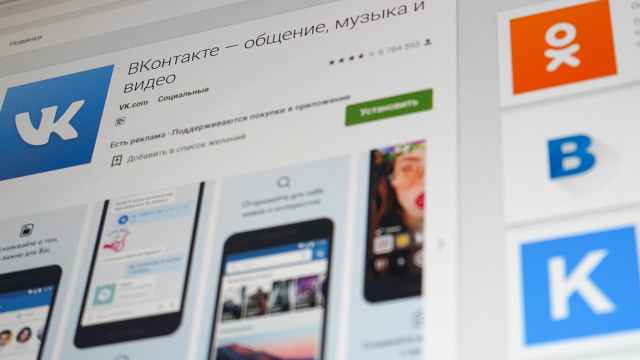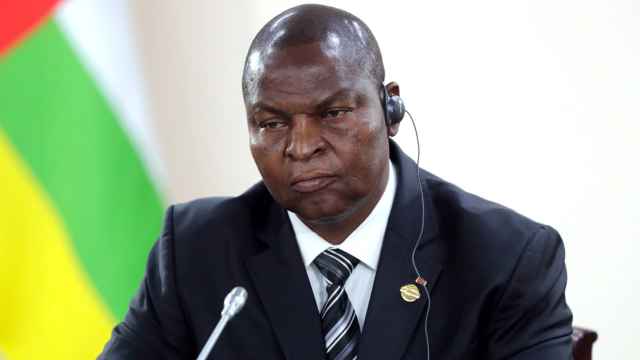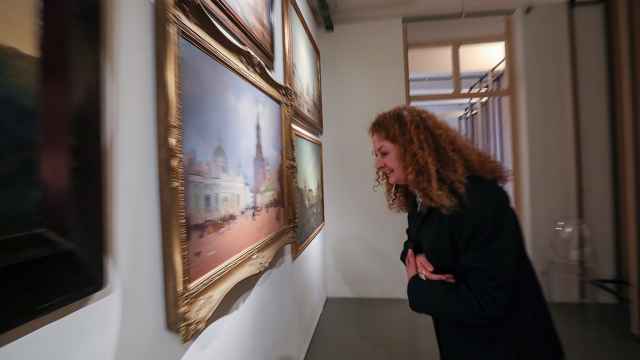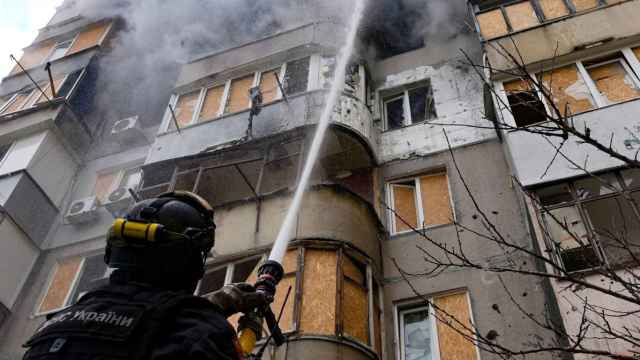President Vladimir Putin ordered the inclusion of a section on Crimea in the unified educational curriculum that all history textbooks will be required to conform to in public schools nationwide starting in September 2015.
Putin, whose father served with the Black Sea fleet in Sevastopol, wants Russian schoolchildren to be armed with "information about the role of Crimea, including the city of Sevastopol, in the history of the Russian empire, the USSR and modern Russia."
The order was posted on the Kremlin's official website with a note that it must be completed by Aug. 15.
Russia annexed the Crimean peninsula in March after its citizens voted in favor of independence from Ukraine during a referendum. The move launched one of the worst crises in relations between Russia and the West since the end of Cold War.
Initially, Putin sought the development by February 2013 of a state textbook that would reconcile polarized opinions about Russia's past and offer a cohesive but moderate narrative of the country's development. Putin wanted the book to be devoid of "internal contradictions and ambiguities."
The initiative later evolved from one of drafting a new textbook to one of promulgating concepts and guidelines to which all new history textbooks would be required to conform. Some analysts have criticized the effort as politically motivated.
See also:
A Message from The Moscow Times:
Dear readers,
We are facing unprecedented challenges. Russia's Prosecutor General's Office has designated The Moscow Times as an "undesirable" organization, criminalizing our work and putting our staff at risk of prosecution. This follows our earlier unjust labeling as a "foreign agent."
These actions are direct attempts to silence independent journalism in Russia. The authorities claim our work "discredits the decisions of the Russian leadership." We see things differently: we strive to provide accurate, unbiased reporting on Russia.
We, the journalists of The Moscow Times, refuse to be silenced. But to continue our work, we need your help.
Your support, no matter how small, makes a world of difference. If you can, please support us monthly starting from just $2. It's quick to set up, and every contribution makes a significant impact.
By supporting The Moscow Times, you're defending open, independent journalism in the face of repression. Thank you for standing with us.
Remind me later.


